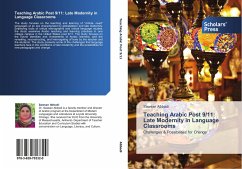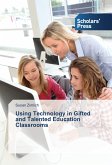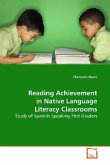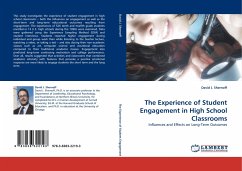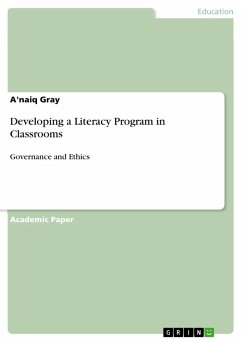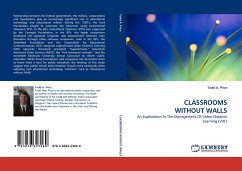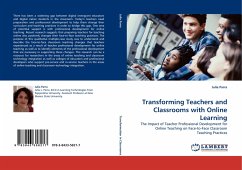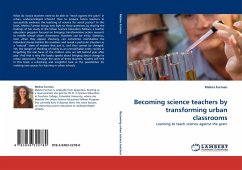The study focuses on the teaching and learning of critical- need languages at an era characterized by globalization and late modernity. Employing tools of critical ethnography and critical language studies, the study examines Arabic teaching and learning practices in one college campus in the United States post 9/11. The study focuses on the hybrid identities and investments of Arabic learners, and the remaking, reconstructing, and interrogating of texts by the teacher and the students. The study presents some of the challenges that language teachers face in the conditions of late modernity and the possibilities for new pedagogies and change.
Bitte wählen Sie Ihr Anliegen aus.
Rechnungen
Retourenschein anfordern
Bestellstatus
Storno

